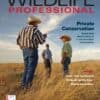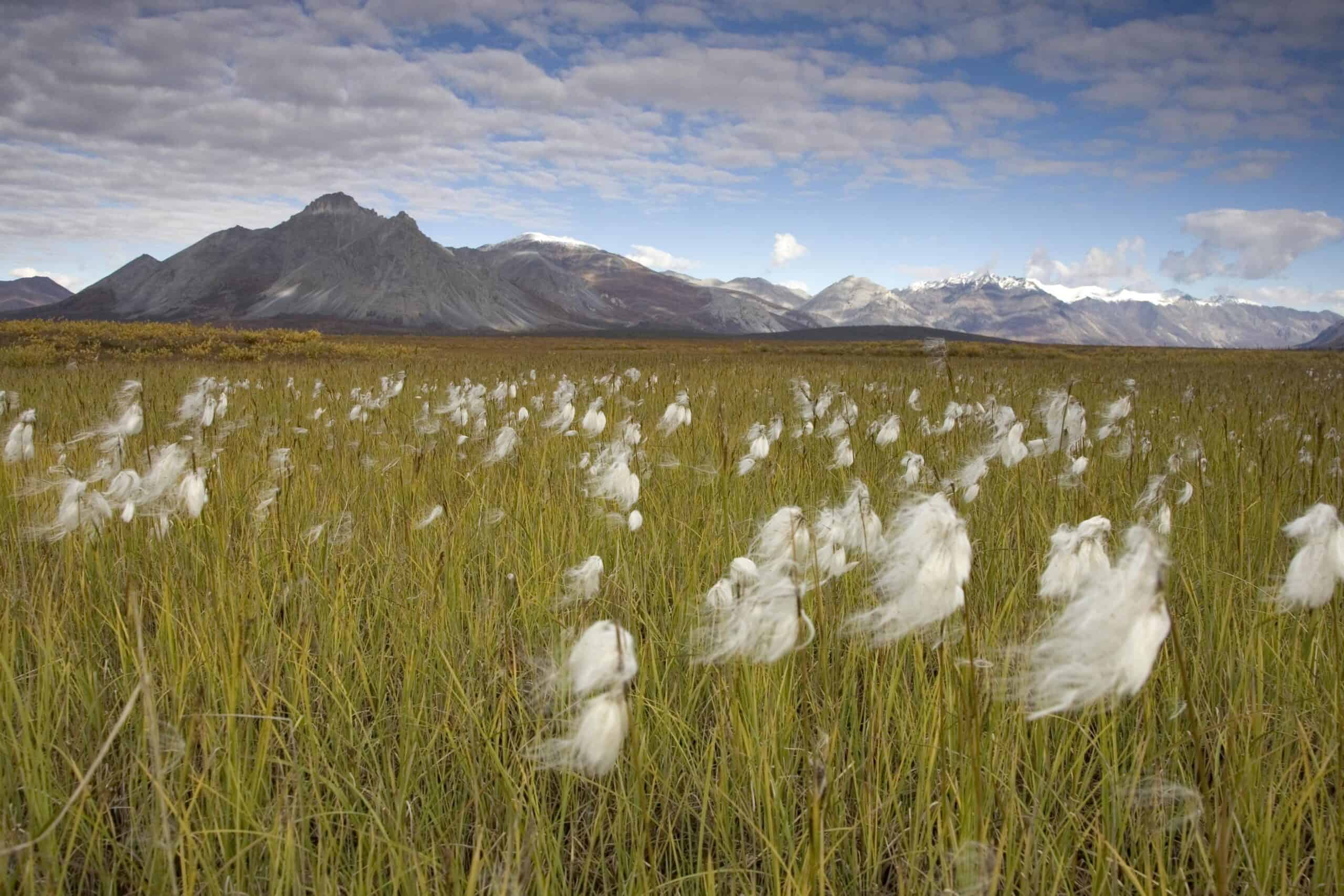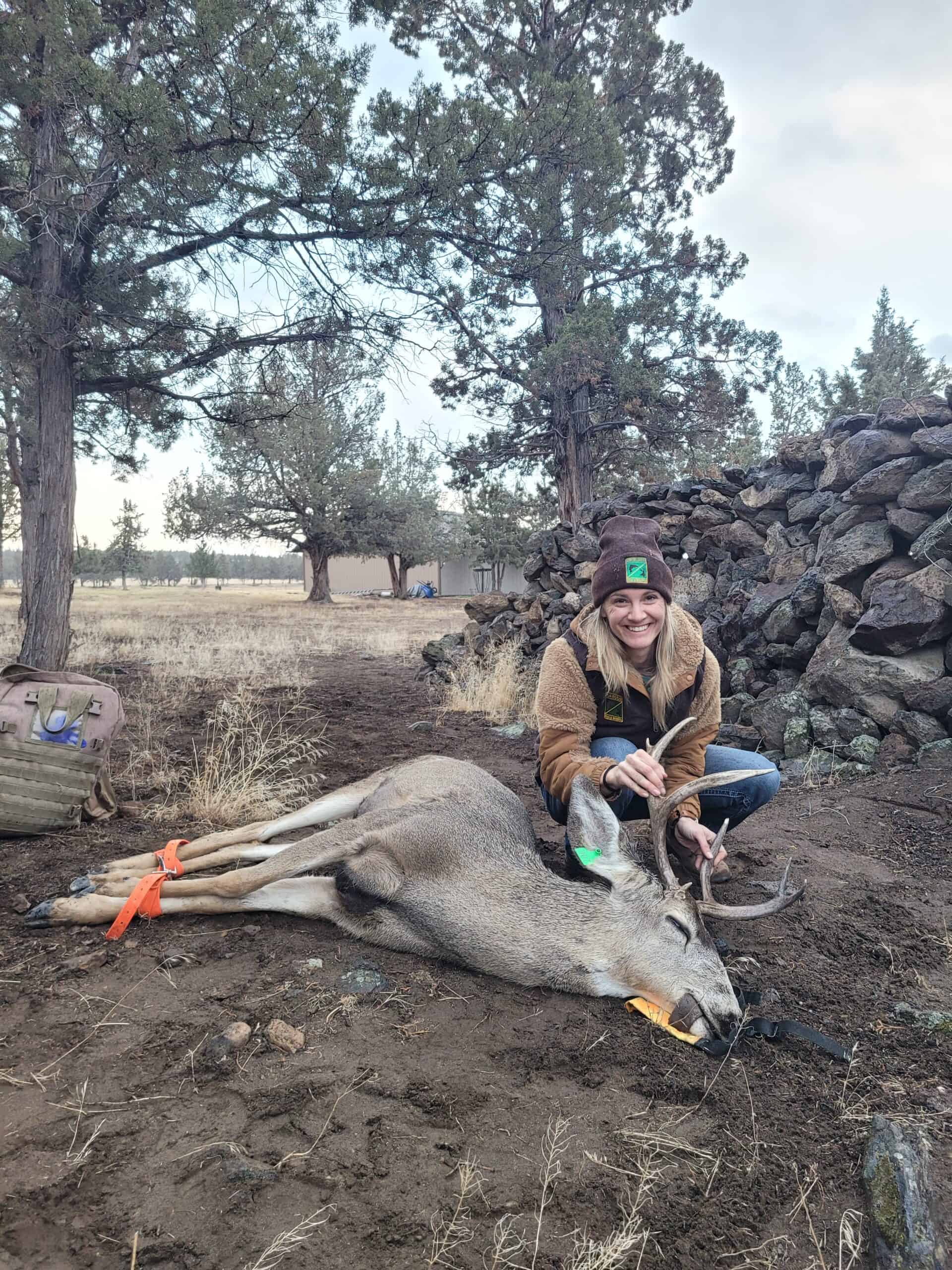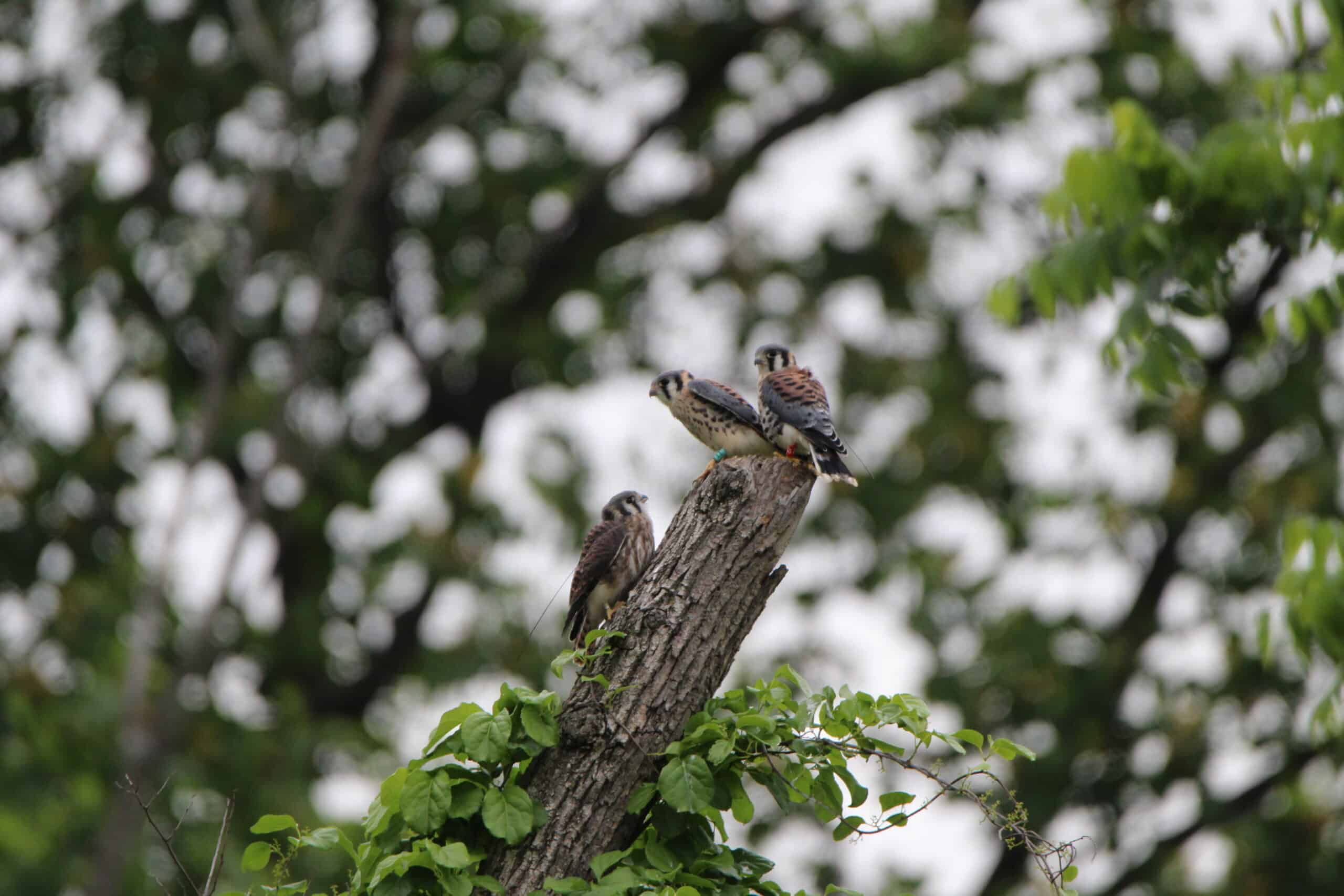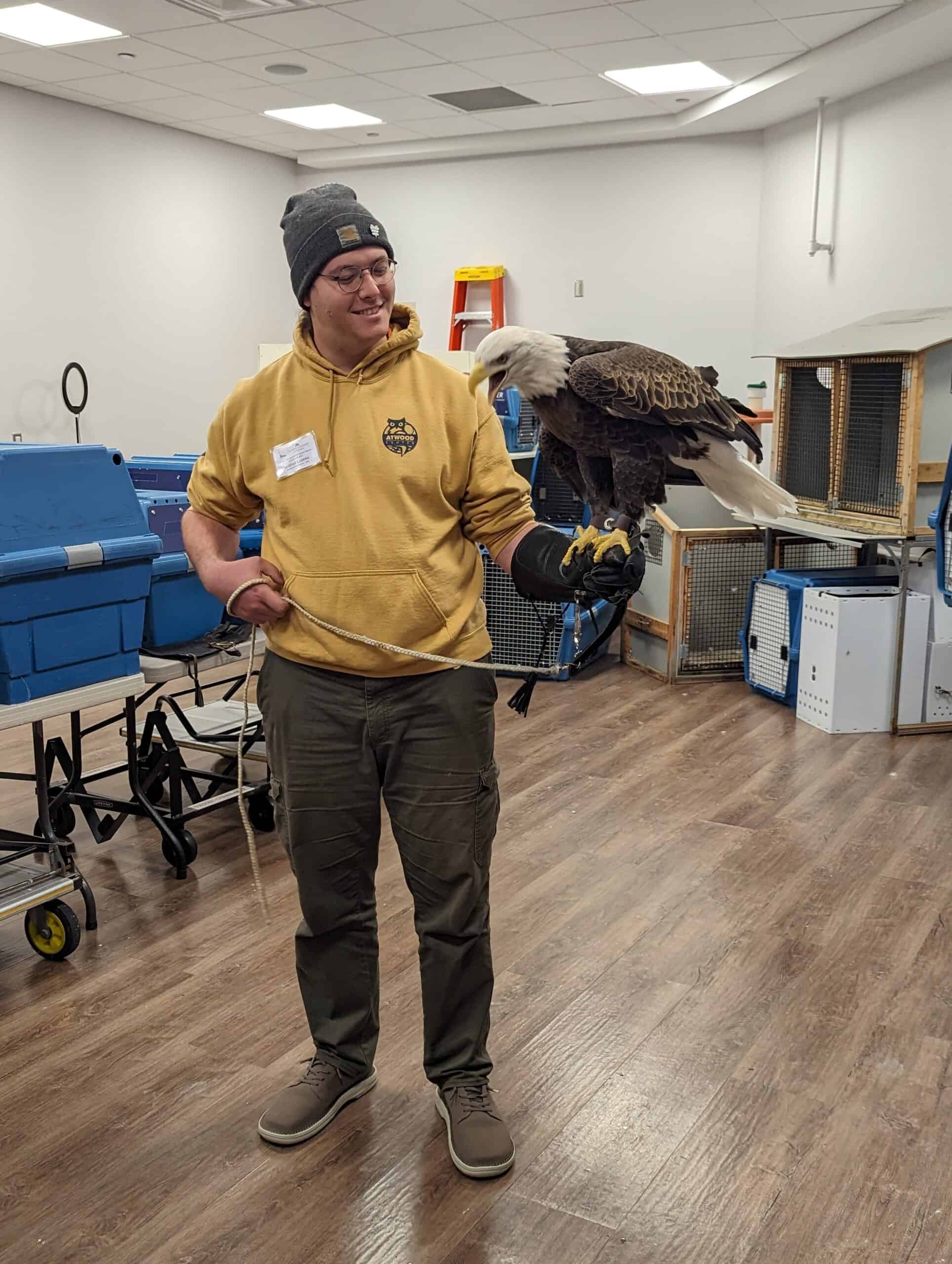
Wildlife Vocalizations: Josh Luebke
Luebke discusses the importance of keeping an open mind and fighting prejudices
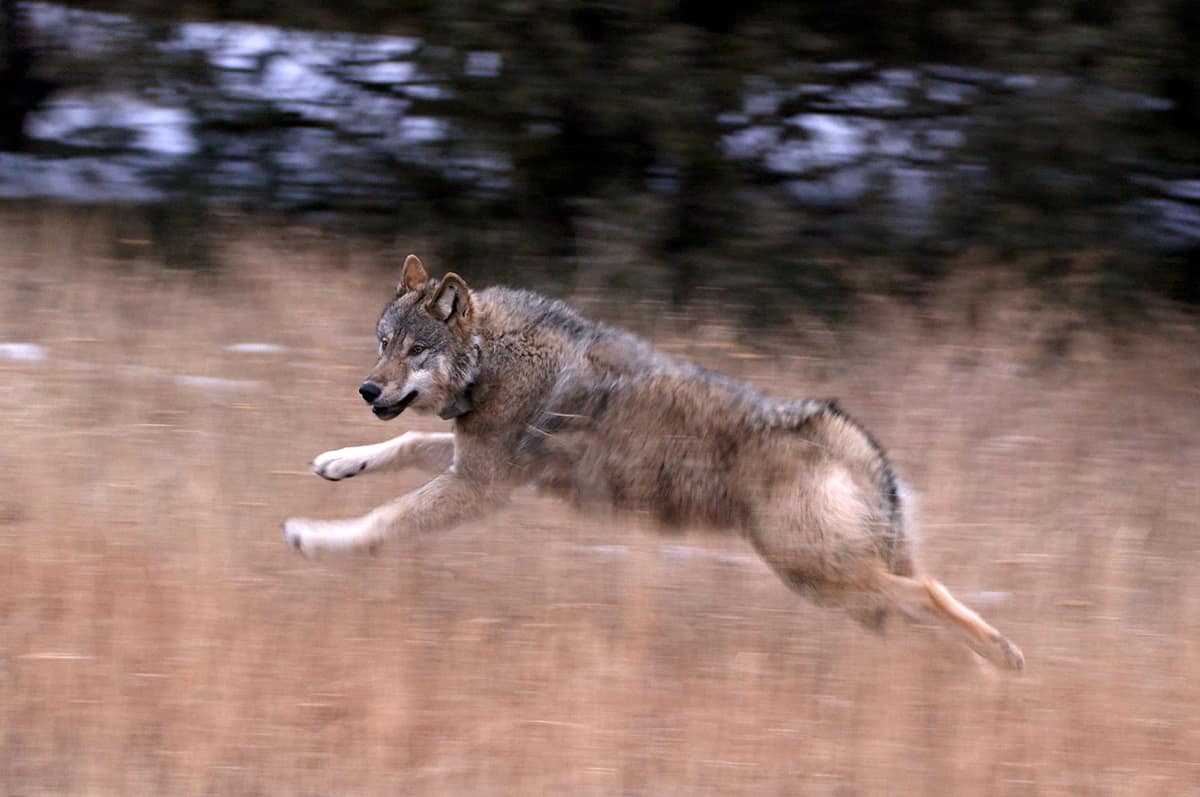
Colorado calf killed by wolf
It’s the first known livestock kill after the predators were reintroduced to the state in December

2024 TWS Elections: Vice President
This year’s nominees for vice president of TWS are Adam Ahlers and Evelyn Merrill
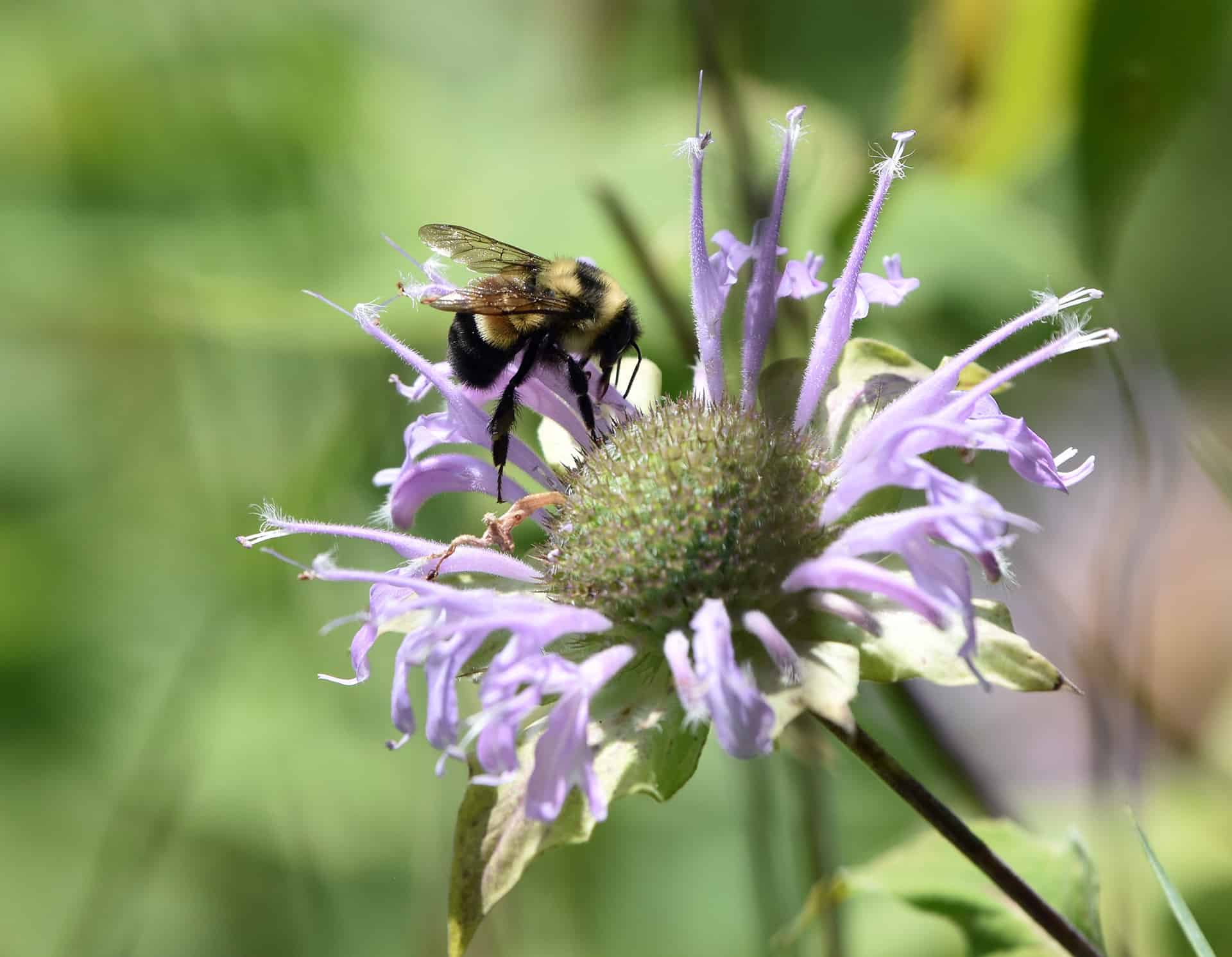
Study sounds alarm for native bee
The species ‘could blink out’ in decades, researchers found
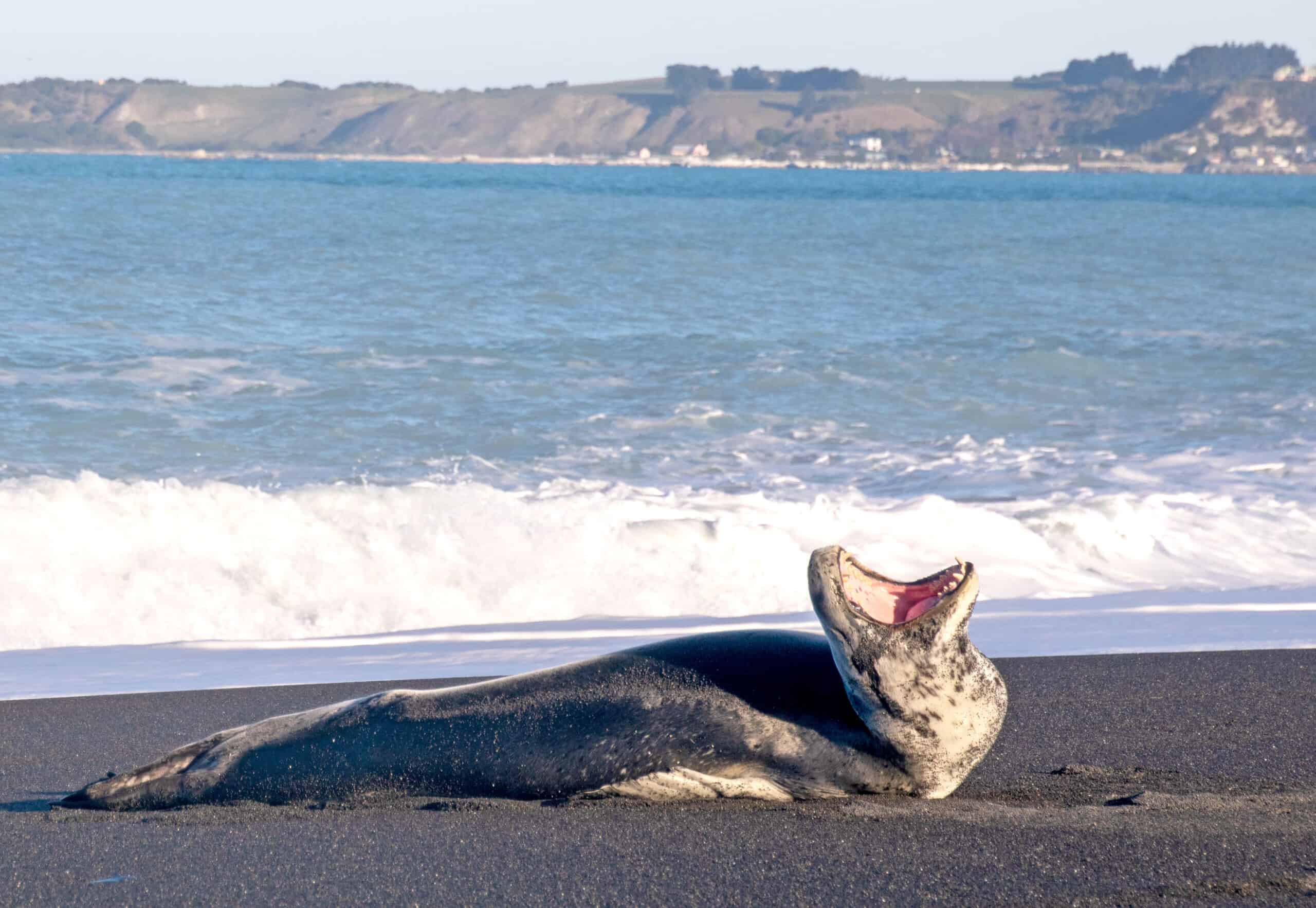
WSB: Spotting leopard seals by algorithm
Researchers tested computer programs to see how well they identified individuals by their markings
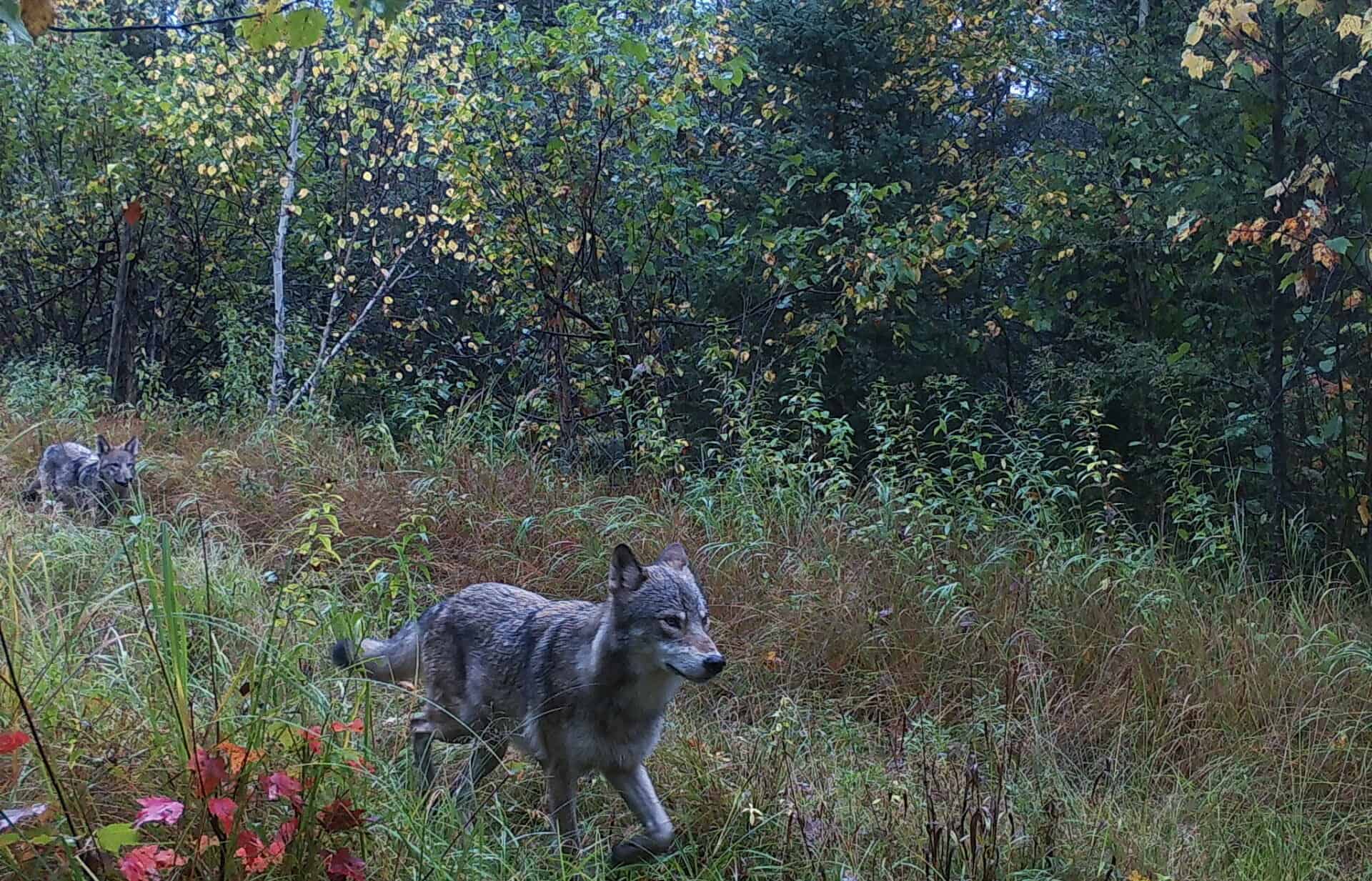
Hunter harvests wolf in Michigan coyote hunt
No wolf had been seen in that part of the state for over a century

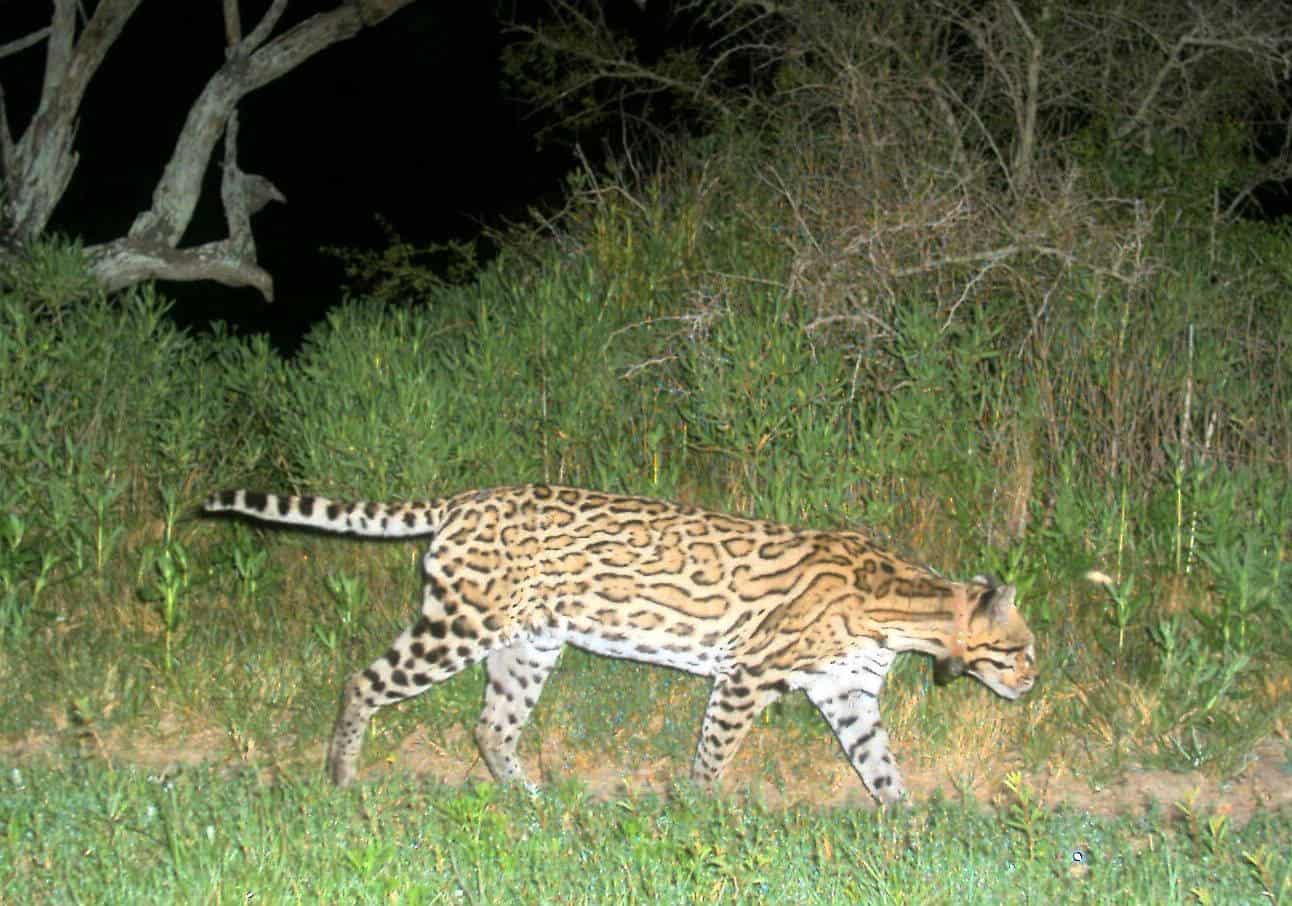
New agreement paves the way for ocelot reintroduction on private lands
The safe harbor agreement lets ranch operations continue
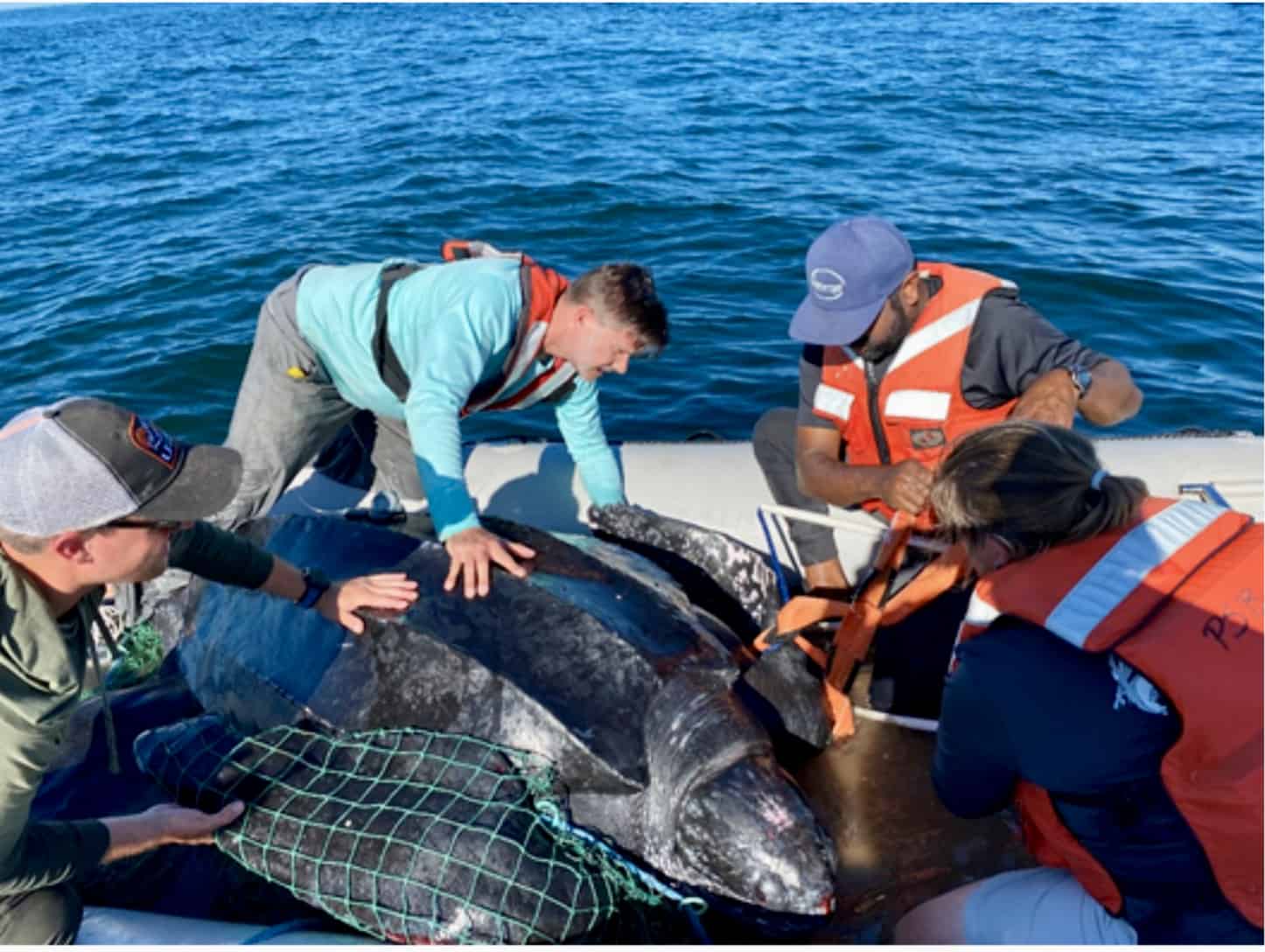
Leatherbacks follow jellyfish along U.S. coastline
The turtles forage along the continental shelf
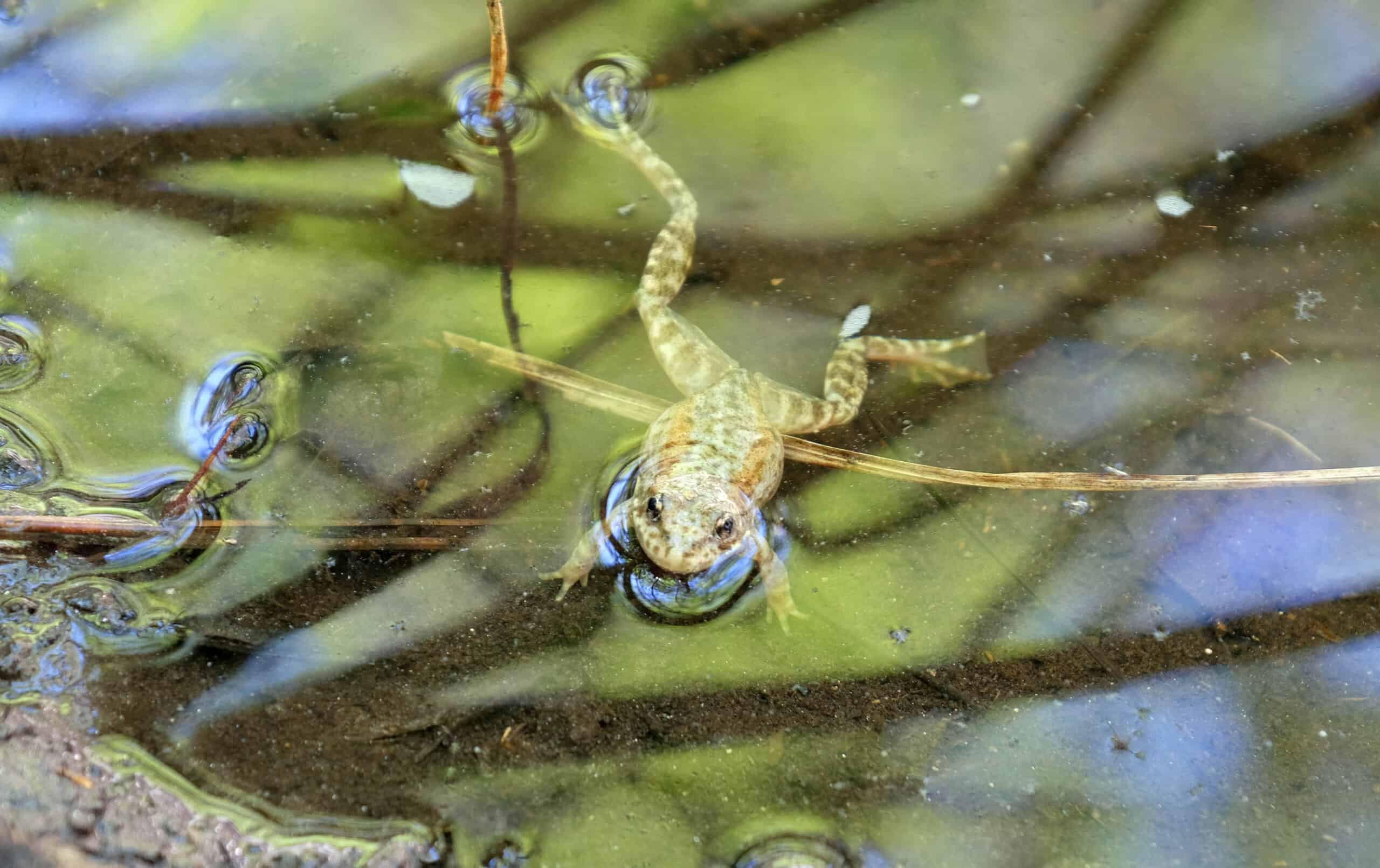
Could a virus end an amphibian pandemic?
Researchers found a virus that attacks a fungus that has devasted amphibians around the world


